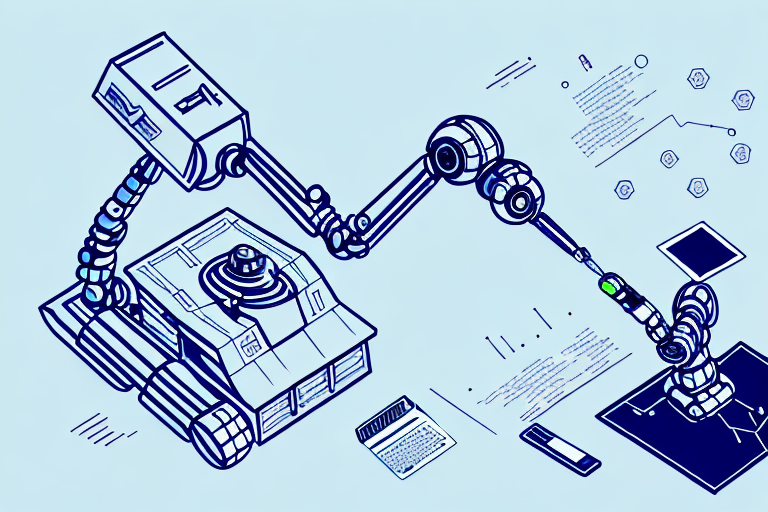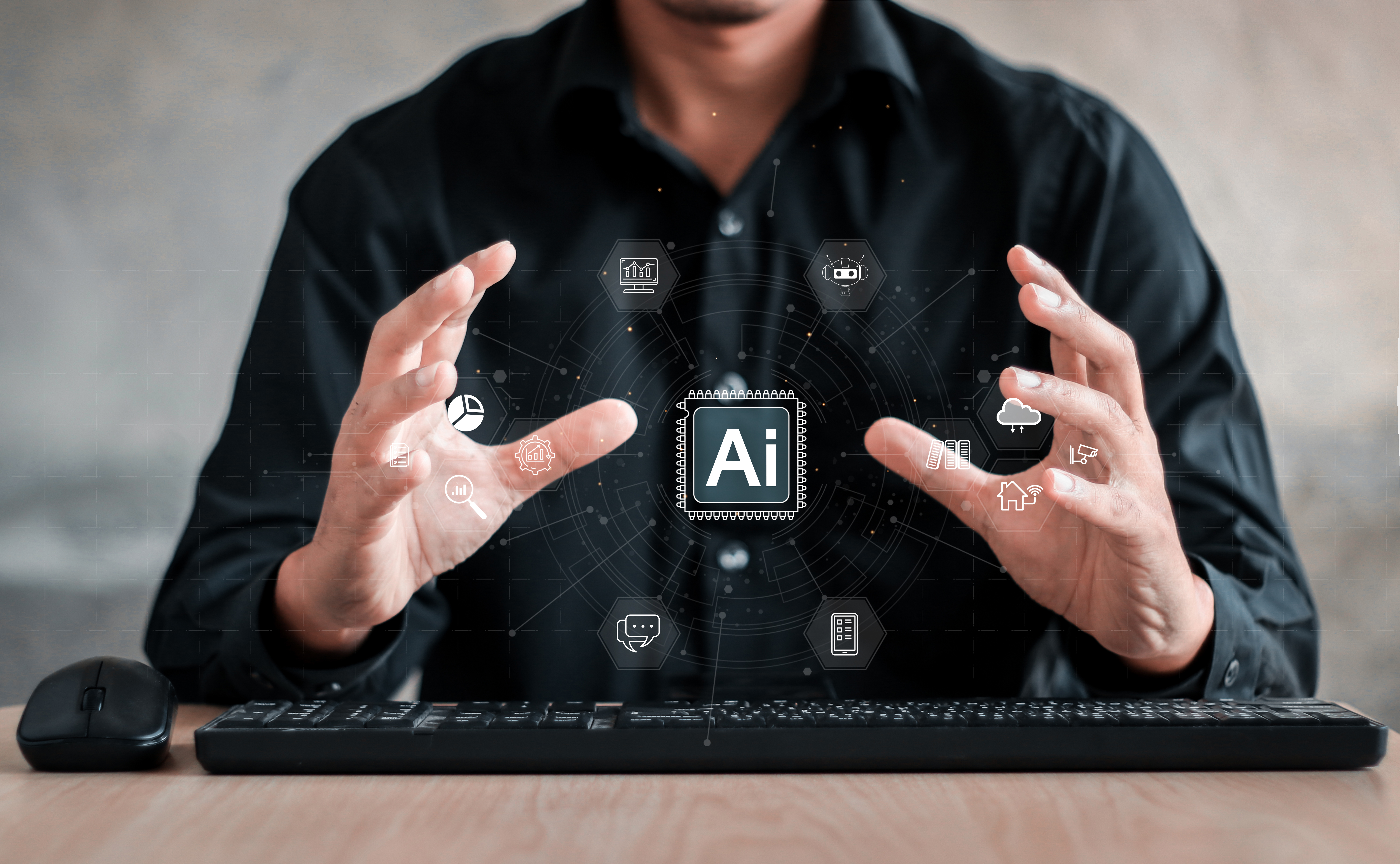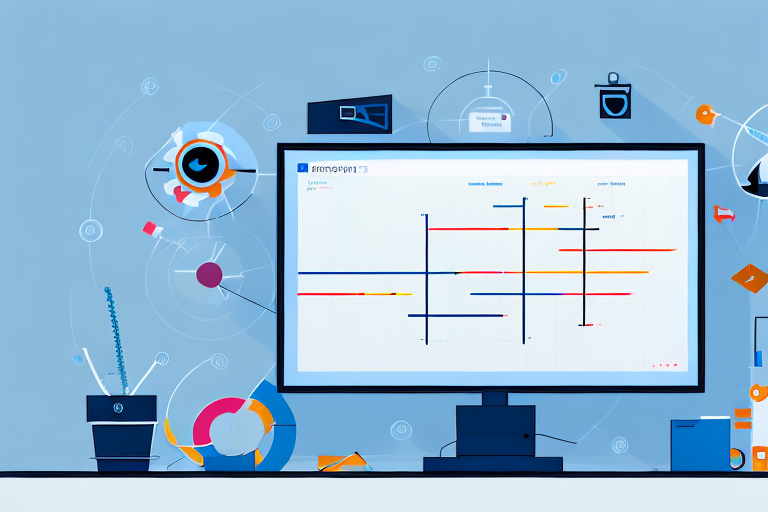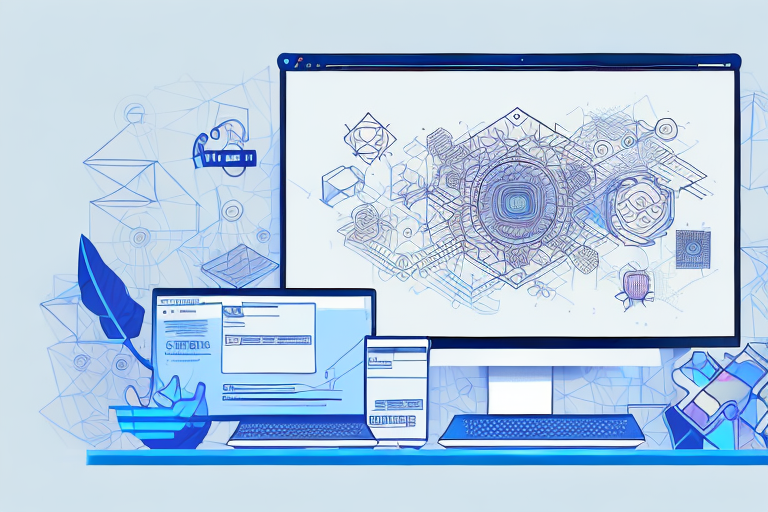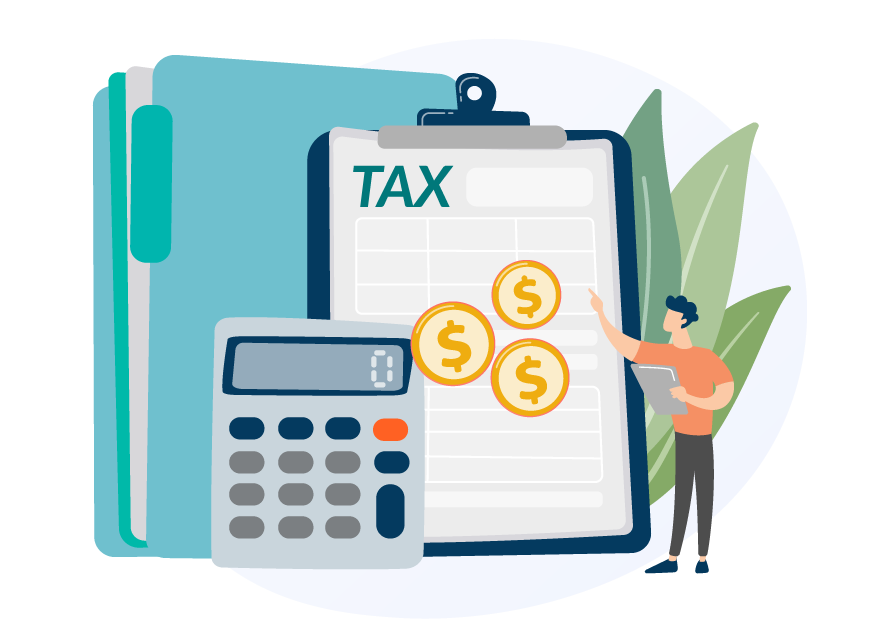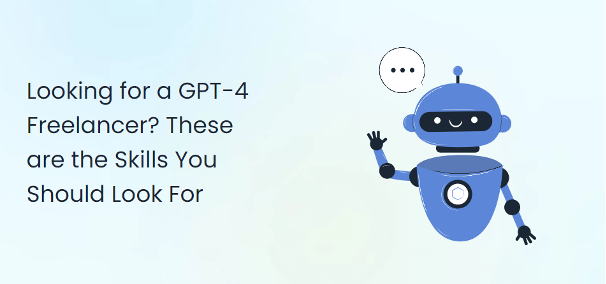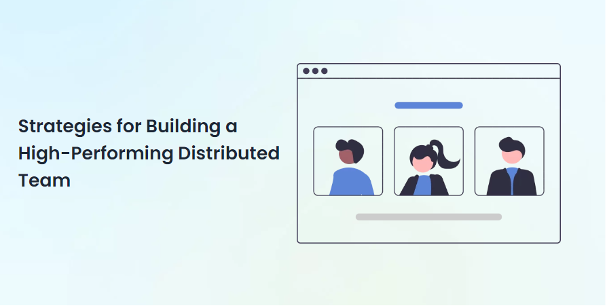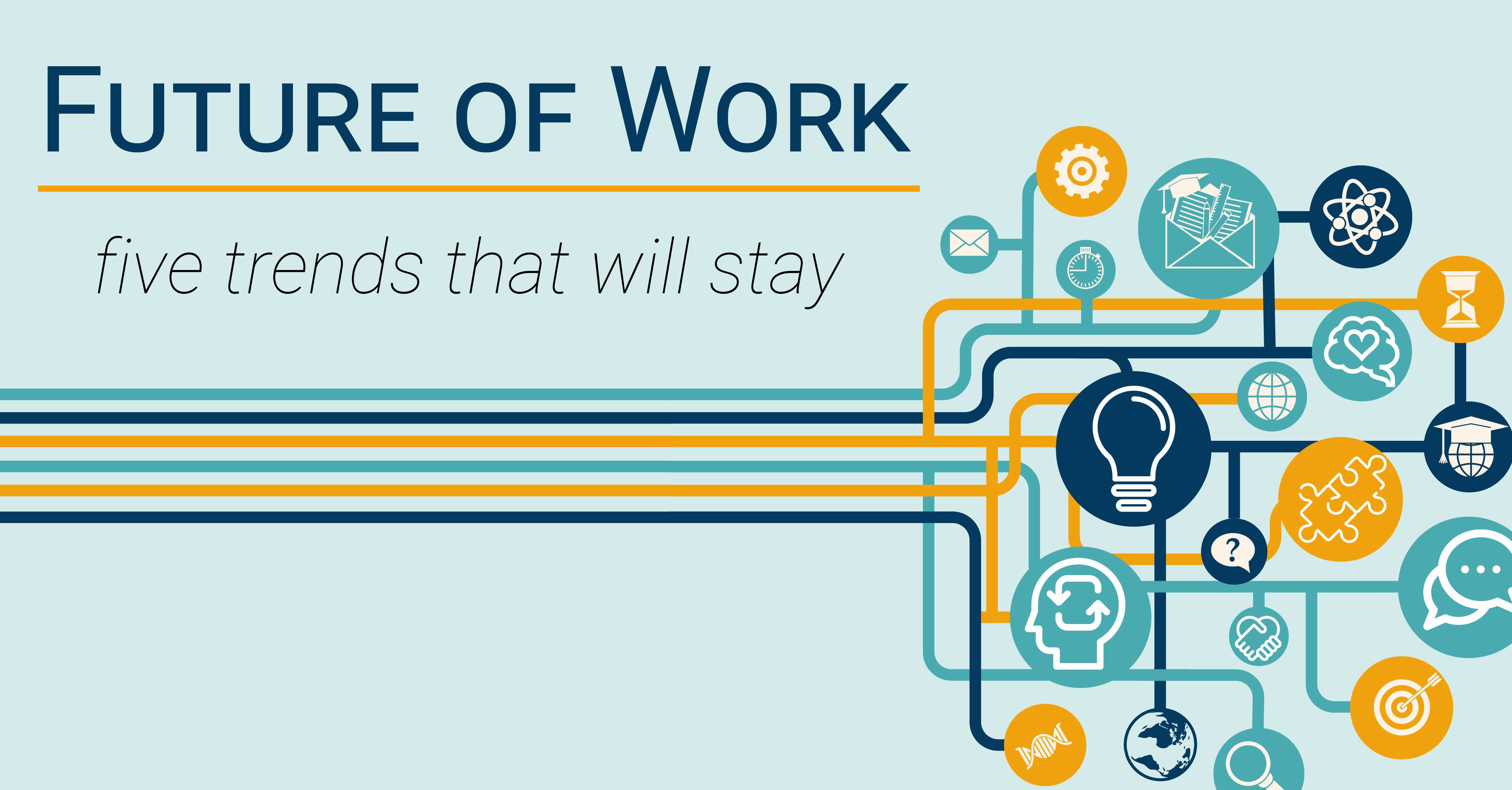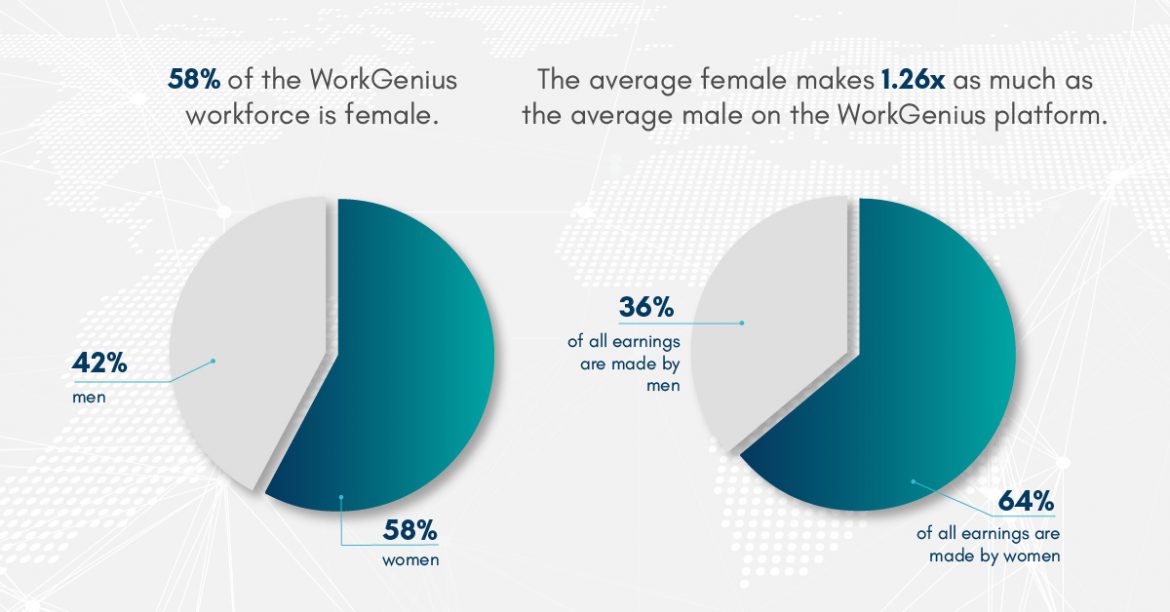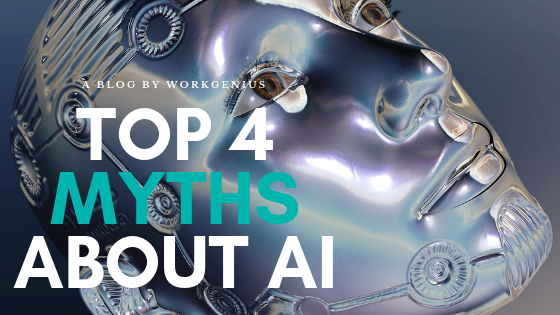With a rapidly evolving job market and ever-changing workplace dynamics, human resources (HR) teams are under constant pressure to manage work more efficiently. Lean HR teams, in particular, have to wear multiple hats and juggle various responsibilities, often with limited resources. To manage work effectively, HR teams are turning to conversational AI tools. In this article, we explore the benefits of conversational AI tools in HR management and how it can assist leaner HR teams in managing work.
Understanding Conversational AI and Its Role in HR
Before we dive into the benefits of conversational AI, let’s first understand what it is and its role in HR management.
Conversational AI is a technology that enables machines to converse with humans in natural language, using machine learning and natural language processing algorithms. It can mimic human conversation and respond to user queries, making it a valuable tool for HR management. Conversational AI is becoming increasingly popular in HR management as it can automate mundane and repetitive HR tasks, free up employee time and improve overall efficiency.
What is Conversational AI?
Conversational AI refers to AI-powered chatbots and virtual assistants that can mimic human conversation using natural language processing (NLP) to understand and respond to user queries. It is increasingly becoming popular in HR management as it can automate mundane and repetitive HR tasks, free up employee time and improve overall efficiency.
Conversational AI is not limited to just text-based chatbots. It can also be used for voice-based interactions, allowing employees to speak to virtual assistants and receive immediate responses. This technology can be used for a variety of HR functions, including recruitment, onboarding, benefits administration, and employee engagement.
The Evolution of AI in Human Resources
The use of AI in HR management has come a long way since the early days of applicant tracking systems. Today, HR teams are leveraging advanced AI-driven tools, such as conversational AI and machine learning, to automate recruitment, retention and employee engagement processes, to name a few. With AI, HR teams can collect, analyze and use employee data in real-time to make more informed decisions.
AI-powered tools can help HR teams to identify patterns and trends in employee behavior, which can be used to improve employee engagement and retention. For example, AI can be used to analyze employee feedback and identify areas where the company can improve its employee experience. This can help companies to create a more positive work environment and reduce turnover.
Key Components of Conversational AI for HR Teams
Conversational AI tools used in HR management typically have three essential components: NLP, machine learning and a conversational interface. NLP enables the AI to understand human language, while machine learning allows it to improve the accuracy of its responses over time. The conversational interface is the tool that enables users to interact with the AI in a natural language format, such as via a chatbot or virtual assistant.
Conversational AI can be integrated with existing HR systems, such as applicant tracking systems and HR information systems, to provide a seamless user experience. This can help HR teams to streamline their processes and reduce the time and effort required to complete HR tasks.
In conclusion, conversational AI is a powerful tool that can help HR teams to automate tasks, improve efficiency, and enhance the employee experience. As the technology continues to evolve, we can expect to see even more innovative uses of conversational AI in HR management.
Benefits of Implementing Conversational AI in HR Management
Implementing conversational AI tools in HR management can provide a range of benefits for leaner HR teams. Let’s explore some of these benefits below.
Streamlining Recruitment and Onboarding Processes
Conversational AI can automate recruitment tasks such as posting job openings, screening resumes and scheduling interviews, reducing the workload on the HR team. Once employees are hired, conversational AI can also facilitate the onboarding process, answering commonly asked questions and providing important information about benefits, policies and procedures.
Enhancing Employee Engagement and Communication
Conversational AI tools can help HR teams engage with employees more effectively, improving communication and boosting employee engagement. Chatbots and virtual assistants can provide employees with immediate assistance when needed and personalized recommendations based on their preferences and past interactions.
Reducing Administrative Workload
HR teams often spend a lot of time on administrative tasks such as data entry and documentation. Conversational AI tools can automate many of these tasks, saving HR teams time and allowing them to focus on higher-level work such as strategy and employee development.
Improving Data Analysis and Decision-Making
Conversational AI tools can collect and analyze employee data, such as engagement survey results and performance metrics. HR teams can use this data to identify trends and patterns, make informed decisions and create more effective policies and procedures.
Use Cases of Conversational AI for Lean HR Teams
There are several use cases of conversational AI in HR management that can benefit lean HR teams. Let’s explore some of these use cases below.
AI-Powered Chatbots for Employee Support
AI-powered chatbots can provide employees with immediate assistance, answering frequently asked questions about HR policies and procedures. Chatbots can also provide personalized recommendations and assistance with tasks such as scheduling, requesting time off and updating personal information.
Virtual Assistants for Scheduling and Time Management
Virtual assistants can help HR teams manage schedules and appointments, eliminating the need for manual scheduling and rescheduling. They can also help employees manage their own schedules and tasks, leading to improved time management and productivity.
AI-Driven Performance Management and Feedback
AI-driven performance management tools can help HR teams collect and analyze employee performance data, provide feedback to employees and develop personalized development plans. This can lead to improvements in employee engagement, retention and overall job satisfaction.
Automating Compliance and Policy Management
Conversational AI tools can also help HR teams automate compliance and policy management, ensuring that employees are up-to-date with relevant policies and regulations. This can help reduce the risk of legal issues and non-compliance.
Overcoming Challenges in Adopting Conversational AI
Despite the benefits of conversational AI, some challenges may arise when adopting this technology. Let’s explore some of these challenges below.
Ensuring Data Privacy and Security
With the collection and analysis of sensitive employee data, it is critical to ensure that data privacy and security protocols are in place. HR teams must ensure that conversational AI tools comply with data protection regulations and have robust security measures in place.
Addressing Ethical Concerns and Bias
HR teams must also address ethical concerns around the use of conversational AI, such as potential bias in hiring decisions. It is important to regularly monitor and evaluate the use of AI to ensure that it aligns with ethical standards and company values.
Integrating AI Solutions with Existing HR Systems
Integrating conversational AI with existing HR systems can be complex and require significant resources. HR teams must ensure that these integrations are seamless and work in tandem with existing systems to ensure optimal efficiency.
Training HR Teams to Leverage AI Effectively
Finally, HR teams may need to undergo training to effectively use conversational AI tools. This can help teams understand best practices and maximize their use of this technology to manage work more efficiently.
Conclusion – Conversational AI can be a powerful tool:
Conversational AI tools can be a powerful asset for lean HR teams in managing work. By automating mundane and repetitive tasks such as recruitment, onboarding and communication, HR teams can free up time to focus on higher-level work such as employee development and retention. Implementing conversational AI tools can provide a range of benefits, but it is important to address potential challenges such as data privacy and security, ethical concerns and training needs. With the right considerations in place, conversational AI can be a valuable tool for lean HR teams to manage work more efficiently.
